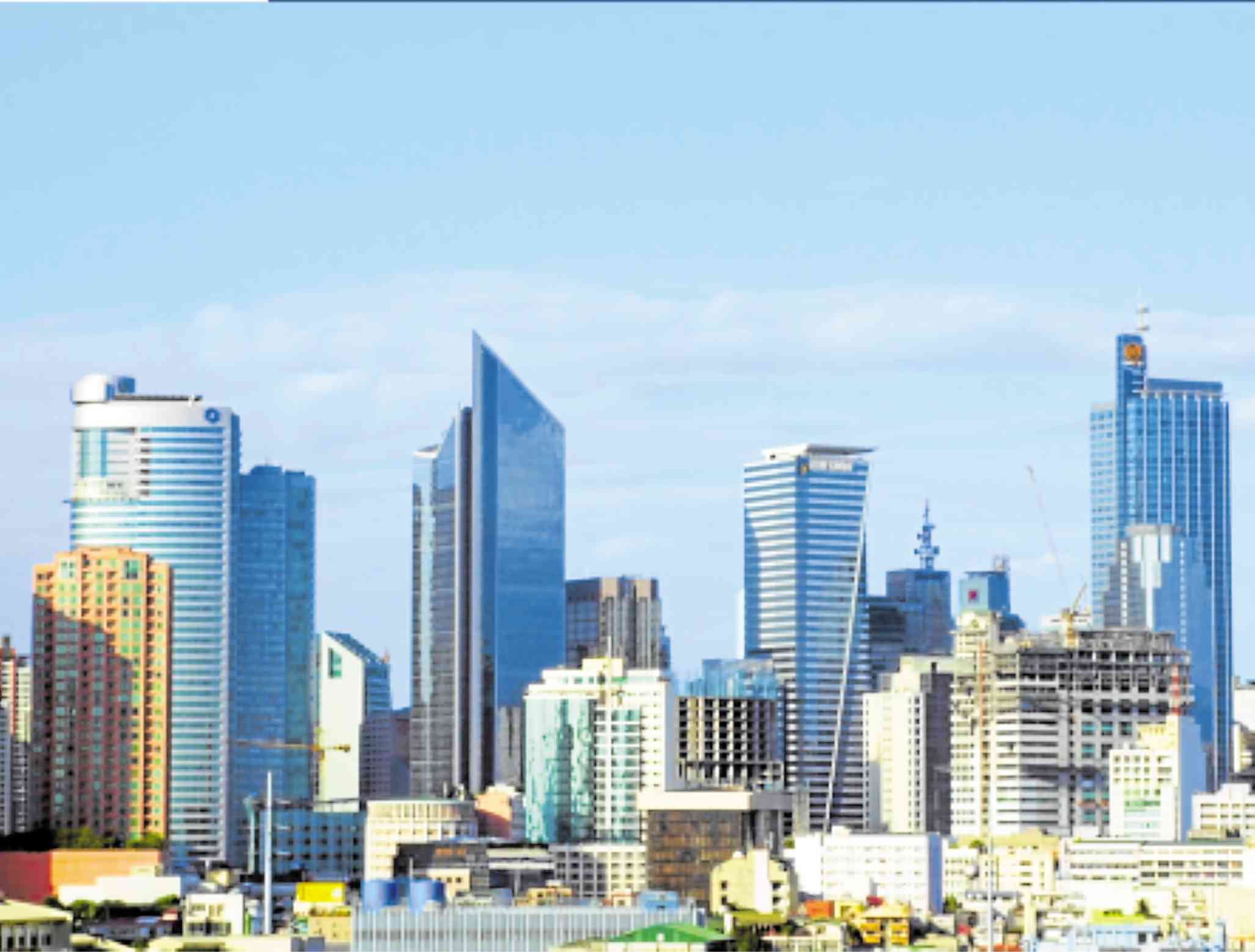Written by: Sheila Lobien
Published on July 17, 2023
The Philippine real estate industry’s first-half performance for 2023 reflects a story of resilience, recovery, and rebound.
Metro Manila office space
At the start of the year, the Metro Manila office space market was forecasted to remain challenged as a result of supply pressure, tentative movements observed for office locators, and the headwinds brought about by a general view of a global recessionary environment.
The first half performance this year compared to the same period in 2022 indeed reflects this outlook as vacancy rate remained at 21 percent. Leased space went down although rental rates remained steady, and the usual office locators maintained their percentage shares, with the business process outsourcing (BPO) industry getting the bulk of available office space.
However, on the ground, negotiations for long-term leases have started to heat up and most recently, Lobien Realty Group was able to close significant long-term leases for several clients. There are three possible reasons, from my vantage point, why the market has started to move.
First, the Philippine economy still grew 6.4 percent in the first quarter despite the high inflation and high interest rates, which beat analyst’s estimates of 6.1 percent—thus maintaining the possibility of falling within the government’s target range of 6 to 7 percent for the year. Next, the rental rates seem to be so resilient that office locators will just need to choose their locations and maximize any room available for lower rent, before the sector recovers, which may then result in higher rates over the next 12 months. Lastly, companies are now comfortable of going back to physical reporting as the public health threat of the pandemic has already significantly subsided.
Thus, we see that the office space market will maintain its resiliency, at the very least, and will have a better trajectory of recovery in the second half of the year as it rides a more favorable global economic outlook for the rest of the year, which will then sustain the IT and business process management (IT-BPM) sector’s growth.
Fitch’s BMI webinar last July 11 showed that the Philippines is one of the countries that have outperformed expectations based on real gross domestic product (GDP) growth versus inflation. This should further give confidence to the office sector on its impending rebound as this sector is usually sensitive to the macroeconomic performance of the country.
Residential
Year-on-year, the nationwide residential real estate prices of all types of housing units already started its recovery in the fourth quarter of 2022, growing by 7.7 percent. Prices in the National Capital Region were even higher, with growth pegged at 16.1 percent. The price growth was supported by increases of 42.9 percent for duplex and 12.9 percent for condominium units.
Prices of all types of housing units already started its recovery in the fourth quarter o
Recovery is expected in this segment as the RREP Index growth happened despite a high inflation, high interest environment which should have resulted in a subdued demand for housing units. In Q4 2022, residential real estate loans (RRELs) fell by 10.3 percent, with NCR RRELs contracting by 22 percent. With inflation easing and with the expected downward adjustment in interest rates in early or mid-2024, this segment is seen to recover—even register a faster growth in the second half of 2023 and early 2024.
Hospitality
The hospitality sector is expected to perform better in 2023 as the economy has fully reopened. From a 6.2 percent contribution to GDP, it is projected to grow to around 8 percent in 2023. Tourism Direct Gross Value Added (TDGVA) in 2022 reached P1.38 trillion, and this is expected to grow by around P400 billion more in 2023, which will definitely help the hospitality sector.
Conclusion
Noting the movements in these three important real estate sectors vis-à-vis the macroeconomic performance of the country, the Philippine real estate industry is thus poised to recover in the remaining six months of 2023.
Read more: https://business.inquirer.net/410398/a-proof-of-real-estate-resiliency-and-recovery

